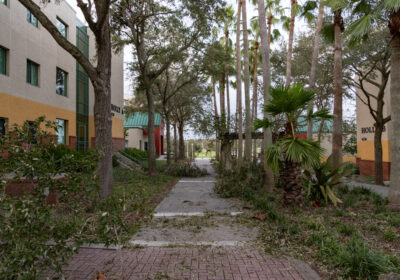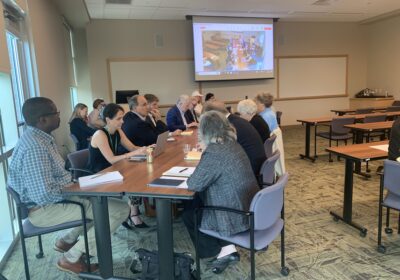Haiti still waiting for pledged US aid
PORT-AU-PRINCE – Nearly nine months after the earthquake, more than a million Haitians still live on the streets between piles of rubble. One reason: Not a cent of the $1.15 billion the U.S. promised for rebuilding has arrived.
The money was pledged by Secretary of State Hillary Clinton in March for use this year in rebuilding. The U.S. has already spent more than $1.1 billion on post-quake relief, but without long-term funds, the reconstruction of the wrecked capital cannot begin.
With just a week to go before fiscal 2010 ends, the money is still tied up in Washington. One senator has held up a key authorization bill because of a $5 million provision he says will be wasteful.
Meanwhile, deaths in Port-au-Prince are mounting, as quake survivors scramble to live without shelter or food.
“There are truly lives at stake, and the idea that folks are spending more time finger-pointing than getting this solved is almost unbelievable,” said John Simon, a former U.S. ambassador to the African Union who is now with the Center for Global Development, a Washington think tank.
Nor is Haiti getting much from other donors. Some 50 other nations and organizations pledged a total of $8.75 billion for reconstruction, but just $686 million of that has reached Haiti so far – less than 15 percent of the total promised for 2010-11.
The lack of funds has all but halted reconstruction work by CHF International, the primary U.S.-funded group assigned to remove rubble and build temporary shelters. Just 2 percent of rubble has been cleared and 13,000 temporary shelters have been built – less than 10 percent of the number planned.
The Maryland-based agency is asking the U.S. government for $16.5 million to remove more than 21 million cubic feet of additional rubble and build 4,000 more temporary houses out of wood and metal.
“It’s just a matter of one phone call and the trucks are out again. We have contractors ready to continue removing rubble. … We have local suppliers and international suppliers ready to ship the amount of wood and construction materials we need,” said CHF country director Alberto Wilde. “It’s just a matter of money.”
In Washington there is confusion about the money. At a July hearing, Ravij Shah, director of the U.S. Agency for International Development, thanked members of Congress for approving the funds, saying, “The resources are flowing and are being spent in country.”






